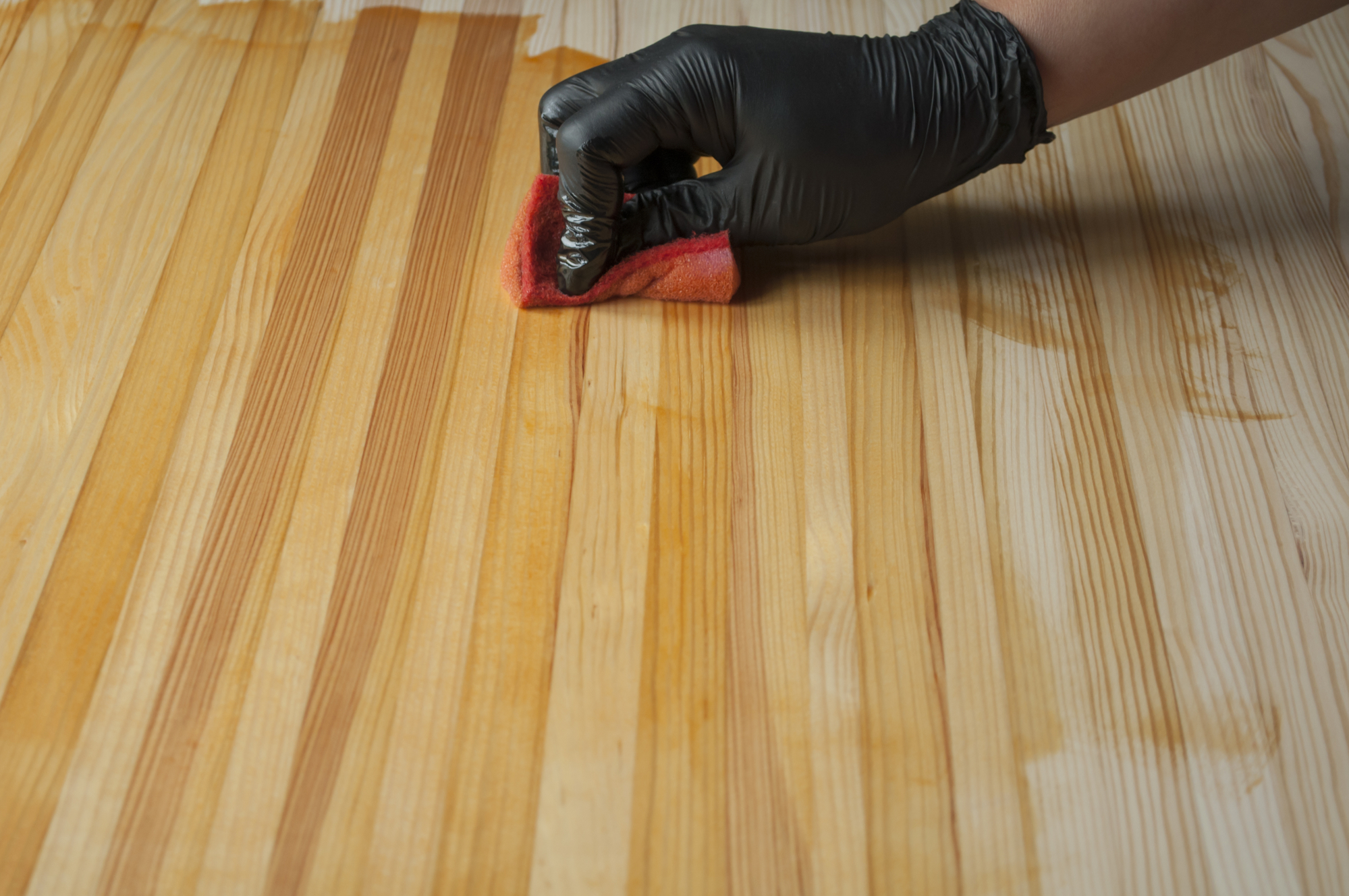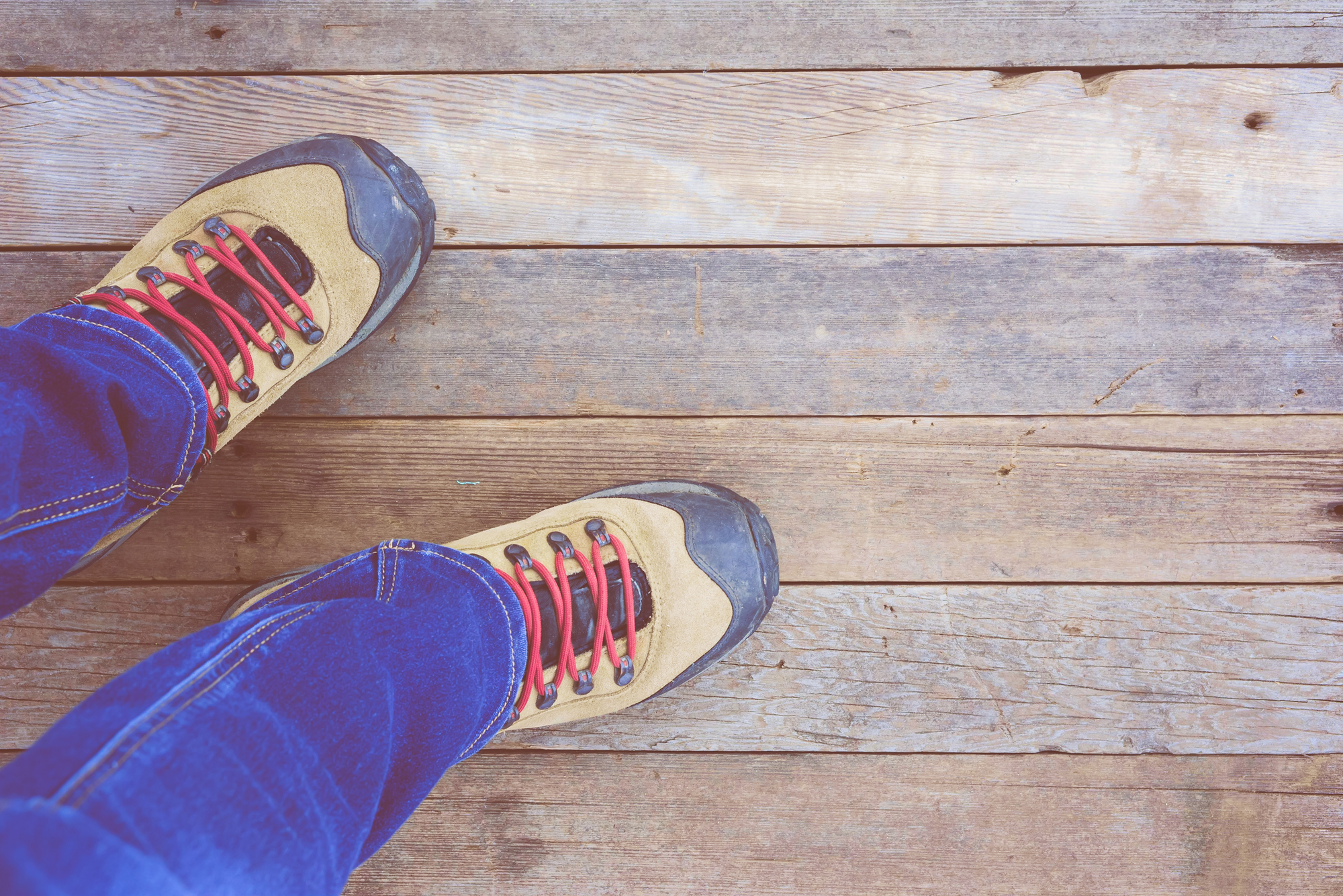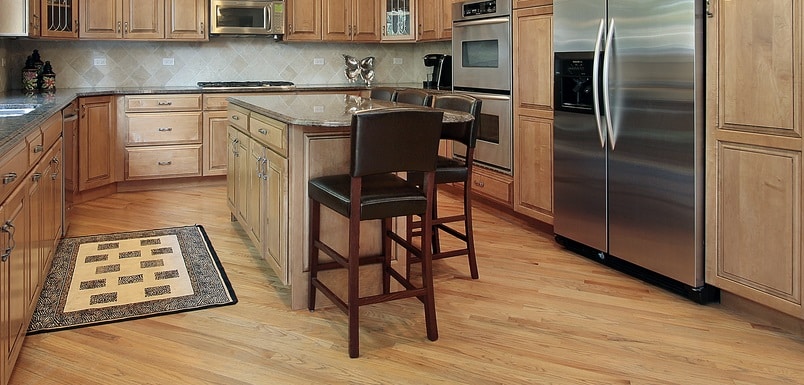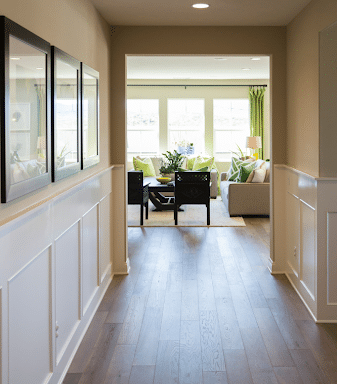Transform Your Home with Waterproof Vinyl Flooring August 26, 2024· by helium_seo Hardwood flooring has long been a favorite choice for homeowners
Read More →Transform Your Home with Waterproof Vinyl Flooring
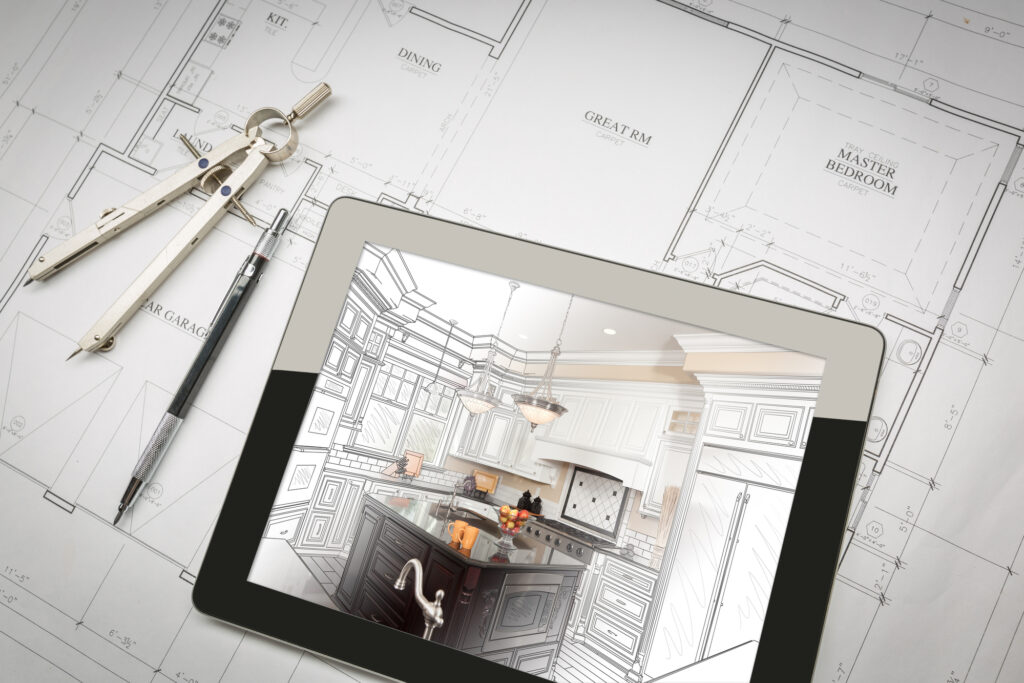
Is your home flooring ready for an upgrade? Elevating your home’s style and functionality is easier than ever with waterproof vinyl floor tiles. This versatile flooring option has gained popularity among homeowners and industry professionals alike for its durability and ease of installation. Discover how waterproof vinyl can transform your living spaces with the perfect blend of aesthetics and practicality.
Related: See our flooring guide
The Basics of Waterproof Vinyl Flooring
What Is Waterproof Vinyl?
Waterproof vinyl is a resilient flooring material designed to withstand moisture, spills, and everyday wear and tear. Unlike traditional vinyl flooring, water-resistant vinyl features advanced core technologies that prevent water from seeping through the planks or tiles, ensuring your subfloor remains protected.
Key Features of Waterproof Vinyl Floors
Waterproof vinyl flooring boasts several key features that make it an attractive choice for homeowners. Its water-resistant properties are ideal for moisture-prone areas like kitchens, bathrooms, and basements. Additionally, vinyl floor tiles offer excellent durability, scratch resistance, and easy maintenance, making them a practical solution for busy households.
The Pros and Cons of Vinyl Floors
While water-resistant vinyl flooring has numerous advantages, it’s essential to consider both the pros and cons before making a decision. On the positive side, vinyl is affordable, easy to install, and comes in a wide range of styles and colors. However, it may not have the same longevity as hardwood or tile, and some vinyl products can be prone to fading or denting over time.
Related: Discover the benefits of vinyl flooring
Exploring Top Vinyl Floor Tile Options
Luxury Vinyl Plank (LVP)
Luxury Vinyl Plank, or LVP, is a popular choice among homeowners seeking the look of hardwood without the associated costs and maintenance. LVP mimics the texture and grain of natural wood, offering a convincing and stylish alternative. Rigid core luxury vinyl plank, a type of LVP, features an advanced core layer that provides exceptional stability and durability, making it ideal for high-traffic areas and rooms with fluctuating temperatures. With its click-lock installation system and waterproof properties, luxury vinyl plank is a practical and visually appealing option for any room.
Vinyl Composite Tile (VCT)
Vinyl Composite Tile, or VCT, is a cost-effective and durable flooring solution commonly found in commercial settings. However, its versatility and range of patterns and colors make it an increasingly popular choice for homes as well. VCT is known for its resistance to heavy foot traffic and ease of maintenance, so it is a smart choice for high-traffic areas.
Sheet Vinyl
Sheet vinyl is a seamless flooring option that provides a smooth, continuous surface. It is an excellent choice for spaces where moisture is a concern, such as bathrooms or laundry rooms. Sheet vinyl comes in various designs, including patterns that mimic natural stone or tile, allowing you to achieve the desired look without grout lines.
Related: Elevate your space with luxury vinyl tile
How to Install Vinyl Floor Tiles
Preparing Your Floor for Installation
Before installing your new flooring, it’s crucial to prepare the subfloor properly. Start by removing any existing flooring and ensuring the subfloor is clean, dry, and level. Address any cracks, holes, or uneven spots to create a smooth and stable surface for installation.
A Step-by-Step Guide to Installation
Installing vinyl floor tile is a straightforward process that DIY enthusiasts can easily tackle:
- Acclimate the vinyl planks or tiles to the room’s temperature and humidity levels for at least 48 hours.
- Prepare the subfloor by ensuring it is clean, dry, and level.
- Determine the layout by measuring the room and snapping chalk lines to create a cross at the center.
- Apply adhesive (if required) according to the manufacturer’s instructions.
- Lay the first row of planks or tiles along one of the chalk lines, using spacers to maintain a consistent expansion gap.
- Continue laying the flooring in a staggered pattern, working outwards from the center.
- Cut planks or tiles as needed to fit around walls and obstacles.
- Install transition strips at doorways and baseboards to cover the expansion gap.
- Clean up and enjoy your new water-resistant flooring!
Tips for Maintaining Your Vinyl Floor
Regular maintenance is critical for keeping your floors looking their best. Sweep or vacuum the floor regularly to remove dirt and debris. Use a damp mop or cloth to clean the surface, avoiding excessive water or harsh cleaning agents. Place doormats at entrances to minimize the tracking of dirt and grit, and consider using furniture pads to prevent scratches and indentations.
Transformative Ideas for Using Waterproof Vinyl in Your Home
Kitchen Remodel Tips
Waterproof vinyl flooring is an excellent choice for kitchen remodels. Its water-resistant properties ensure spills and splashes won’t damage your subfloor, while its durability can withstand the heavy foot traffic typical in kitchens. Choose a wood-look LVP to add warmth and character or a tile-look vinyl to create a sleek and modern aesthetic.
Upgrading Your Bathroom
The waterproof nature of vinyl makes it perfect for bathrooms, where moisture is a constant concern. Plus, vinyl’s slip-resistant properties provide added safety in wet conditions. Select a vinyl that mimics the look of natural stone or marble for a high-end appearance without the hefty price tag.
Basements and Utilities
Basements and utility rooms are often overlooked when it comes to moisture issues. Waterproof vinyl is an ideal flooring solution for avoiding water damage. Its ability to withstand water and humidity ensures your floor remains protected, even in the event of leaks or flooding. Choose flooring with a built-in underlayment for added insulation and comfort underfoot.
Discover High-Performance Vinyl Flooring With HPH
At High Performance Home, we are committed to guiding homeowners toward the best flooring options for their unique needs and style preferences. Our team of experts stays up-to-date with the latest advancements in waterproof flooring, ensuring you have access to top-quality products that deliver exceptional performance and durability.
Our mission is to drive innovation and raise the bar for quality in the housing industry. We believe every homeowner deserves a living space that combines beauty, functionality, and long-lasting value. By partnering with trusted manufacturers and industry professionals, we strive to provide you with the knowledge and resources to make informed decisions about your home improvement projects. Contact us to speak with one of our expert team members.
Related: Find quality laminate flooring
Frequently Asked Questions
Is vinyl flooring waterproof?
Vinyl flooring is generally considered to be water-resistant, making it a popular choice for areas in the home prone to moisture, such as kitchens, bathrooms, and basements. The material and construction of vinyl floor tile resist water penetration, ensuring that spills, humidity, and even standing water do not cause damage to the flooring itself, as long as the water is not left standing for an extended period and the flooring is installed correctly.
How long do waterproof vinyl floors last?
The lifespan of vinyl floors depends on various factors, including the quality of the product, foot traffic, and maintenance. On average, high-quality waterproof vinyl can last 10 to 20 years with proper care and maintenance. Some premium products may even have warranties of up to 25 years or more.
Can you mop waterproof vinyl floors?
Yes, you can mop waterproof vinyl floors as part of your regular cleaning routine. However, it’s essential to use a damp mop rather than one that is soaking wet. Excessive water can seep into the seams and edges of the planks or tiles, potentially causing damage over time. Use a pH-neutral cleaning solution specifically designed for vinyl flooring to avoid any adverse effects on the surface.
Is vinyl flooring cheaper than tile?
In most cases, vinyl flooring is more affordable than traditional tile flooring. Vinyl is generally less expensive in terms of material costs, and the installation process is often easier and less time-consuming than tile. This makes waterproof vinyl an attractive option for homeowners looking to achieve a high-end look without breaking the bank.
Discover High-End Luxury Vinyl Tile Flooring August 26, 2024· by helium_seo When you step into a home with solid hardwood floors, you
Read More →Transforming Your Home with Laminate Flooring August 26, 2024· by helium_seo Engineered hardwood has become increasingly popular among homeowners and contractors alike,
Read More →The Fundamentals of Shower Tile Flooring August 26, 2024· by helium_seo Elevate your home’s interior with the stunning beauty and unparalleled durability
Read More →
